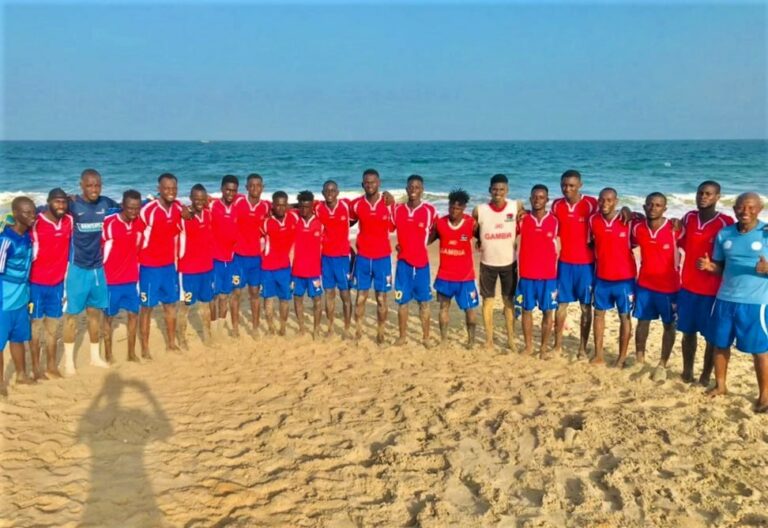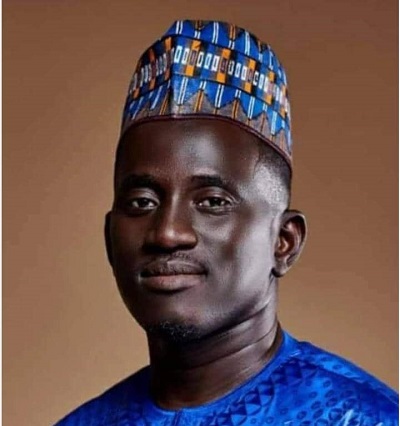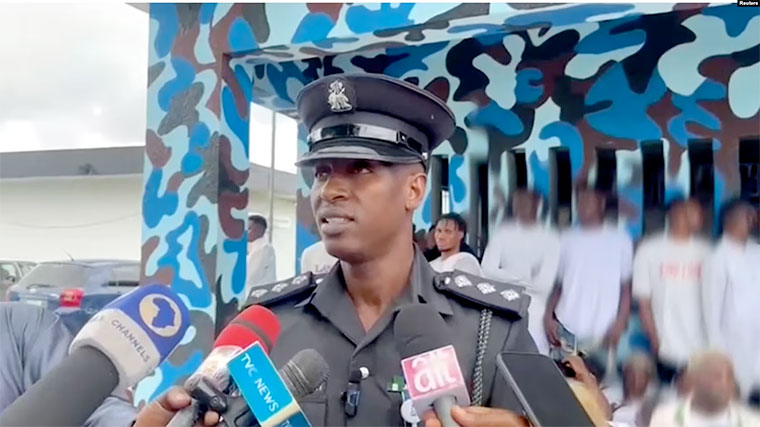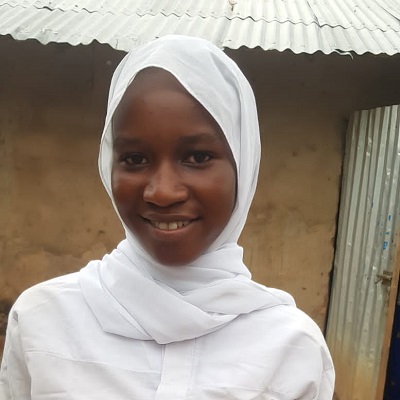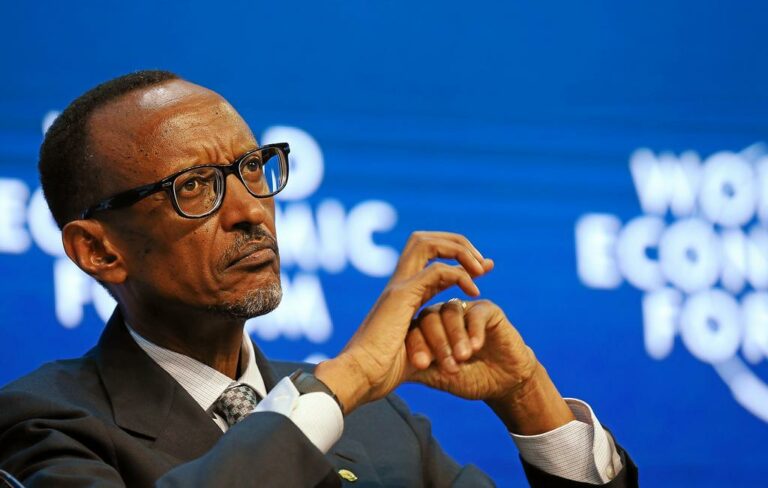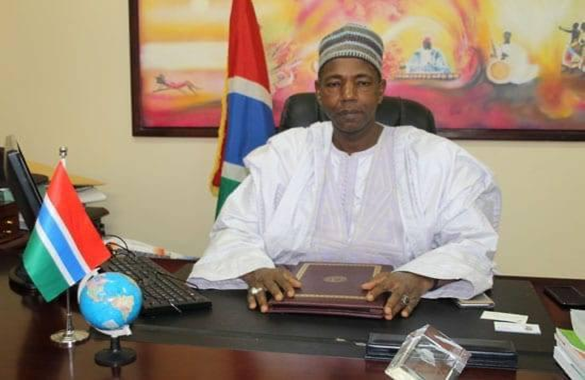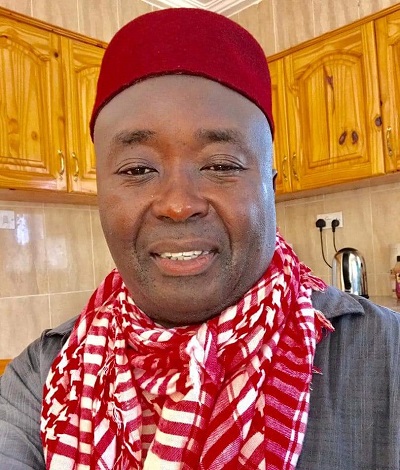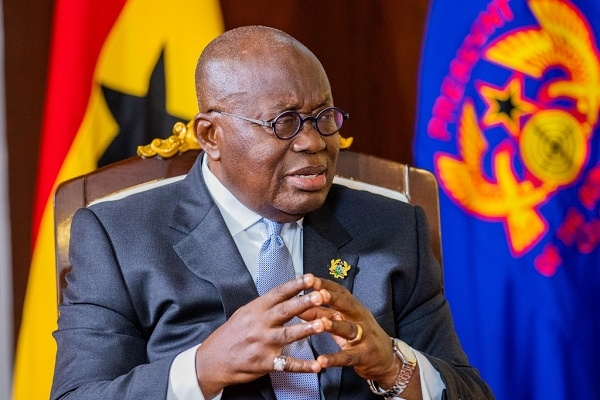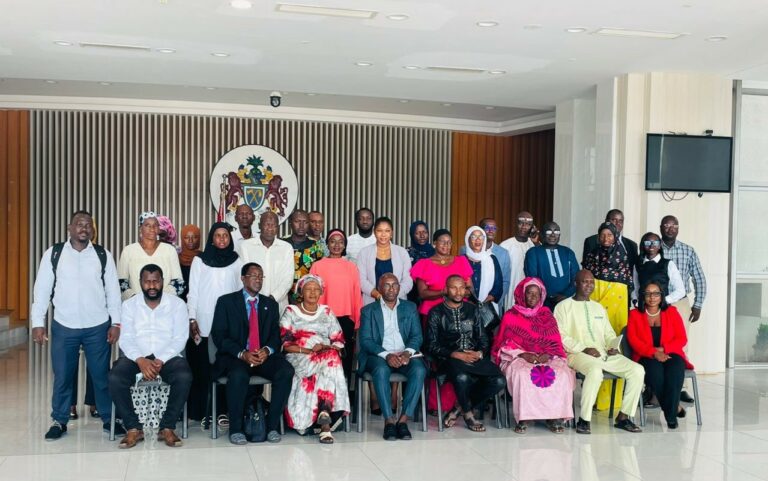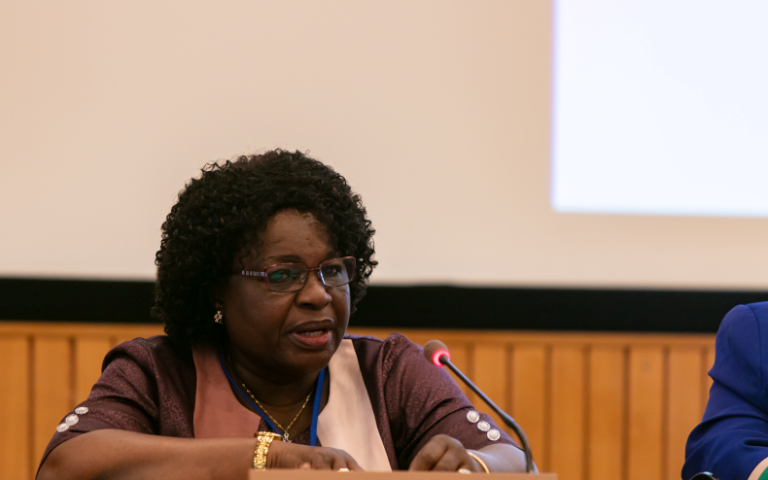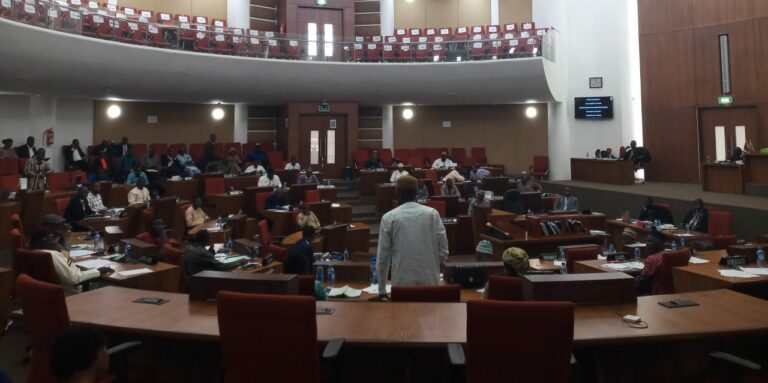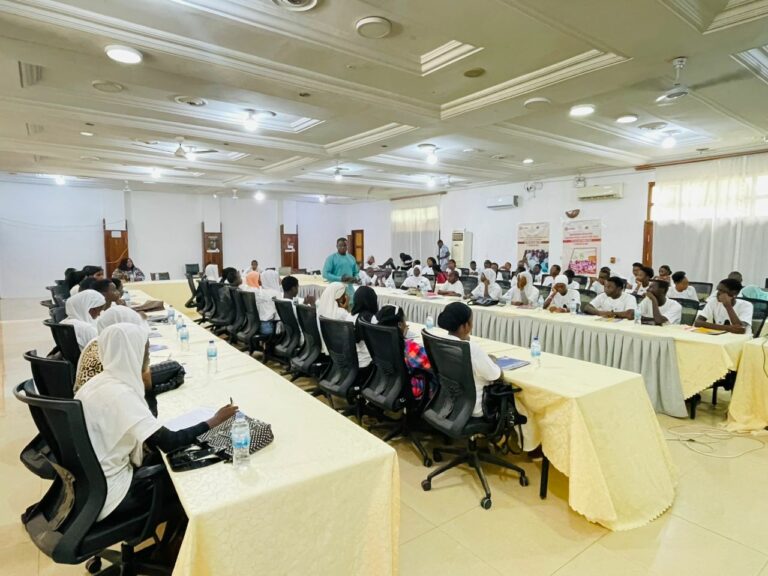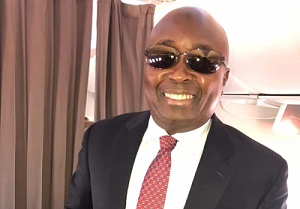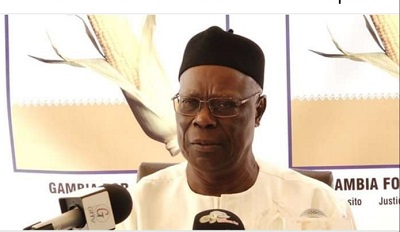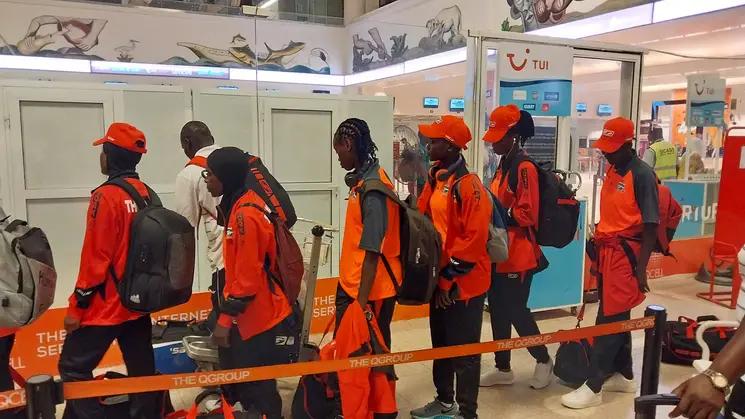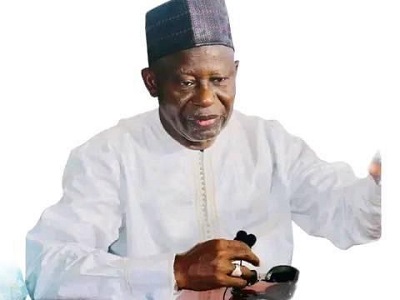By: Alieu Jallow
Fatoumata M. Saho, who serves as the Internal Auditor of the Basse Area Council, testified before the Local Government Commission of Inquiry on the 18th and 19th of September and during her testimony, she revealed that the finance department had been hiding information from her because they were aware she would put a stop to their actions.
She also highlighted the council’s financial issues, stating that they are currently facing a major crisis due to flaws in their revenue collection mechanism, which is hindered by mobility issues.
“There is no reason for Basse Area Council to be bankrupt to the extent of not being able to pay salary. They hide to execute their dubious act,” Saho said.
She outlined that the finance unit of the Basse Area Council bypasses her office which contributed to the overwhelming majority of the transactions conducted by the council with her knowledge.
Madam Saho, who was appointed as a revenue collector for the council in 2018, and in March 2021 redeployed as an Internal Auditor, informed CEO Mr Ousman Touray that her highest academic qualification was a Grade 12 certificate, and she lacked experience in performing the roles and duties of an internal audit.
“I was informed by the Chief Executive Officer (CEO) of the Basse Area Council, Ousman Touray, that the General Council wants to appoint me as the internal auditor for the council and equally told me that I will be trained and sent on internship,” she told the commission.
During her testimony, she stated that she did not start working immediately after receiving her redeployment letter. She took a few months before beginning her new role in August 2021. Additionally, she shared that she had completed an internship.
In her capacity as an internal auditor, she investigated allegations made by some revenue collectors that Finance Director Lamin Suso had been taking money from them directly. She reported that a thorough inquiry was conducted, and a report was submitted to the council for approval. However, the council ultimately rejected the report.
“Some of the councillors supported the Director of Finance. The majority did not agree [they voted against the report],” she said.
During her testimony, the witness mentioned that Councilor Omar Garry of Baja Kunda Ward, who served as the Chair of the Audit and Finance Committee, had resigned but was asked by the Chairman to reconsider his decision.
Additionally, she stated that she was not informed about the Government subvention of Two Million Dalasi (D2,000,000) and was therefore unaware of any withdrawals made from that fund. She also mentioned being unaware of the payments made to Green Vision International.
“They paid the contractors without following any due process, and the members of the Finance Director are Lamin Suso – Over 4M, Malafi Badjie – Over 1 M, Ndabah Krubally – Over 35M, Muhammed Jawneh – Over 1 M, BABOUCAR M.J. Kanteh – Over 6M, Momodou Lamin Keru – Over 1M and totalling to million”.


